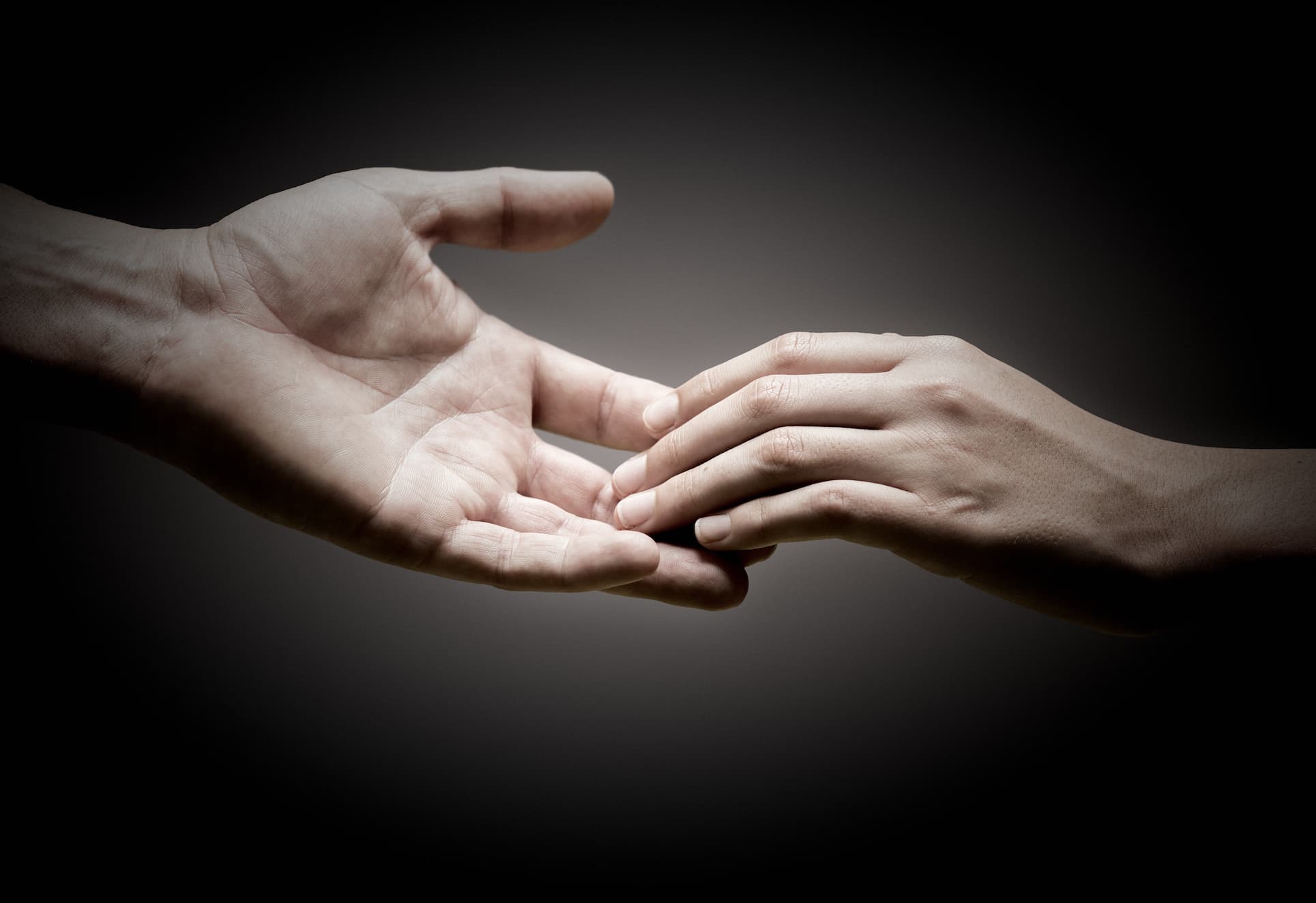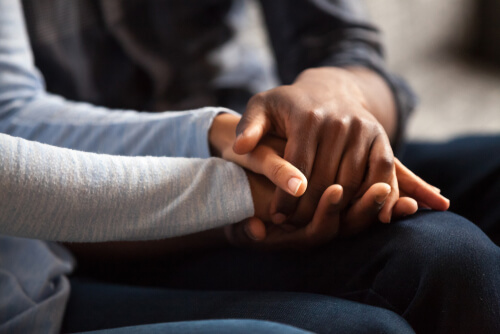Being affectionate, loving, and caring in your relationship is a vital aspect of it that, when lacking, can not only cause other problems to appear, such as experiencing profound relationship sadness or being part of an increasingly apathetic relationship. And that is why it is a good idea to deal with potential issues in your relationship as soon as you see them arise.
However, sometimes it is simply not possible to resolve certain relationship problems alone with your partner, and there comes a time when it seems the only thing that remains is to attend a relationship building skills workshop. While this is a good idea, as professional coaches can really help, it doesn’t hurt to learn more about what lack of affection can do to a relationship.
How Important Is Affection In A Relationship?
Affection is very important in a relationship, as it helps both partners experience an increased sense of harmony, love, and mutual understanding. Giving, as well as receiving affection, simply helps create a safer and more caring relationship.
And that goes for all aspects of affection, not just physical and sexual intimacy. Emotional affection is equally important as its physical counterpart, and some would argue that there is no true physical affection without emotional one.
So, affection is important, and not just because of the reasons already mentioned. There’s more to why affection is so important:
- It releases plenty of feel-good hormones.
- Affection helps create a more trusting relationship.
- Physical affection helps reduce blood pressure.
- Being affectionate with your partner reduces stress hormones.
- Increased affection can be associated with increased relationship satisfaction.
Why Can’t I Show Affection To My Partner?

Experiencing inability to express affection towards your partner can be very detrimental to your relationship, especially if the issue persists for prolonged periods of time. However, being aware of this fact does little to help you overcome the problem of not showing affection.
That is why, to begin with, it is important to become aware of several common reasons why you might be unable to express affection to your partner. Potentially succeeding in identifying the underlying cause of your inability to show affection is the first step in working towards resolving that problem.
- You might be dealing with high levels of anxiety that are preventing you from being affectionate with your partner.
- You could have a lower need level when it comes to expressing affection, which stops you from giving your partner the affection they need.
- You may have a different preconception of what expressing affection looks like and what affection actually is.
- You might currently be affected by a recent difficult situation you have experienced which is stopping you from being affectionate.
- You could be feeling the negative effects of a hidden medical or psychological condition that requires assistance from a professional.
Is It Normal To Have No Affection In A Relationship?
Talking in terms of normal and not normal or abnormal is neither correct nor suitable terminology when discussing anything related to relationship issues. All people are unique, and so are their relationships. What works for one couple may not work for another, and vice versa.
However, extreme absence of any kind of affection between partners can be increasingly detrimental to any relationship, as it is usually a sign of a different underlying issue that can leave more serious consequences. These are some of the most usual reasons behind lack of affection in a relationship:
- Difference in boundaries
Sometimes, not showing affection can have its root in previous failed attempts by one of the partners that originated due to different internal boundaries concerning showing affection.
- Feeling too comfortable
Being overly comfortable can lead to one or both partners beginning to neglect showing affection to each other.
- Experiencing improper balance
Current lack of affection can easily be caused by one or both partners focusing on other aspects of their lives, leaving little time to pay attention to being affectionate with each other.
- Fearing intimacy
It is quite common for a person to fear being affectionate with their partner, which stems from their potentially unresolved fears of intimacy, as they perceive intimacy and affection as connected, which they certainly can be.
- Personal insecurities
Finally, an individual could be experiencing personal insecurities that can negatively affect their relationship by preventing them from showing affection to their partner.
Can Lack Of Affection Ruin Relationships?
Yes, lack of affection can negatively impact any relationship, and it can eventually lead to one or both partners beginning to lose connection to each other, which can inflict serious repercussions to any relationship.
Experiencing lack of affection is a pretty common occurrence. However, allowing it to persist and not finding a solution can cause the flame of love to become smaller, eventually leading to more serious problems that could potentially ruin a relationship. That is why it is a good idea to address relationship problems as they arise.
Join A Couple Relationship Management Workshop At Pivot And Resolve Your Issues

Missing affection in a relationship is a problem that can affect both partners equally and that can lead to many other issues rearing their ugly heads and causing additional problems that might become too much to deal with at a certain point. That is why it is important to react on time and attempt to deal with the lack of affection between you and your partner.
Some people perceive lack of fondness and tenderness to be less serious than other problems in a relationship, such as being involved in an overly toxic relationship or constantly experiencing relationship dishonesty from your partner. However, while not having sufficient affection might seem like an issue easily resolved, it’s anything but.
That is why PIVOT has designed both individual emotional coaching workshops, as well as group emotional issues workshops. We want to give you options and space to choose the type of workshop that would best suit you and your partner. Our experienced coaches will give it their all to help you with your relationship problems. Reach out to us today!



















